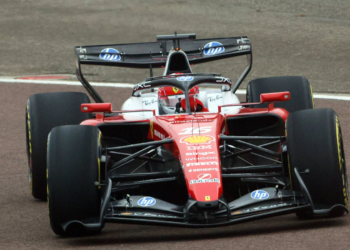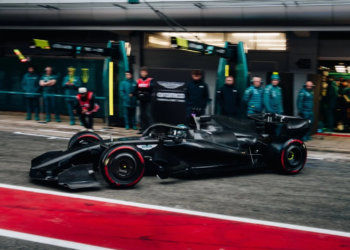Injectors are devices that play a significant role in delivering the precise amount of fuel into the combustion chamber for efficient engine performance. With advancements in automotive technology, various types of injectors have been developed to cater to different engine requirements.
According to onlinecarparts.co.uk, injectors are crucial components in a car’s fuel delivery system. In this article, we will explore the different kinds of injectors commonly found in cars today.
Multiport Fuel Injectors
Multiport fuel injectors are the most common type of injectors used in modern cars. As the name suggests, these injectors are designed to deliver fuel to multiple cylinders simultaneously. They are typically located in the intake manifold, close to the intake valves. Multiport fuel injectors provide efficient fuel distribution and atomization, ensuring optimal combustion and power output.
Direct Fuel Injectors
Direct fuel injectors, also known as gasoline direct injection (GDI) injectors, have gained popularity in recent years due to their improved fuel efficiency and performance. Unlike multiport injectors, direct injectors deliver fuel directly into the combustion chamber, bypassing the intake manifold. This allows for better control over the fuel-air mixture, resulting in enhanced combustion efficiency and reduced emissions.
Throttle Body Injectors
Throttle body injectors also referred to as single-point or central fuel injectors, were commonly used in older vehicles. These injectors are located in the throttle body assembly, which is responsible for controlling the airflow into the engine. Throttle body injectors deliver fuel to all cylinders simultaneously through a single nozzle. While they are less efficient compared to multiport or direct injectors, they are relatively simpler and more cost-effective.
Sequential Fuel Injectors
Sequential fuel injectors are an advanced version of multiport injectors. These injectors deliver fuel to each cylinder individually and in a specific sequence, synchronized with the engine’s firing order. By precisely timing the fuel delivery to each cylinder, sequential fuel injectors optimize fuel distribution and improve overall engine performance. They are commonly used in high-performance and modern engine designs.
Flex Fuel Injectors
Flex fuel injectors are specifically designed to accommodate vehicles that can run on different fuel types, such as gasoline and ethanol blends. These injectors are built to withstand the corrosive properties of ethanol, which can cause damage to standard fuel system components. Flex fuel injectors ensure the proper delivery of fuel, regardless of the blend used, allowing for seamless transitions between different fuel types.
Diesel Injectors
Diesel engines require specialized injectors due to the unique characteristics of diesel fuel. Diesel injectors operate at higher pressures compared to gasoline injectors, as diesel fuel does not ignite easily. They are responsible for injecting fuel directly into the combustion chamber at precise moments during the compression stroke. Diesel injectors are designed to withstand high pressures and are crucial for efficient combustion in diesel engines.
Conclusion
In conclusion, injectors are essential components of a car’s fuel delivery system, responsible for delivering the right amount of fuel to the engine for optimal performance. According to onlinecarparts.co.uk, various types of injectors are available to suit different engine configurations and fuel requirements. Whether it’s multiport injectors for efficient fuel distribution, direct injectors for enhanced combustion, or specialized diesel injectors, each type serves a specific purpose in maximizing the efficiency and performance of modern vehicles.






